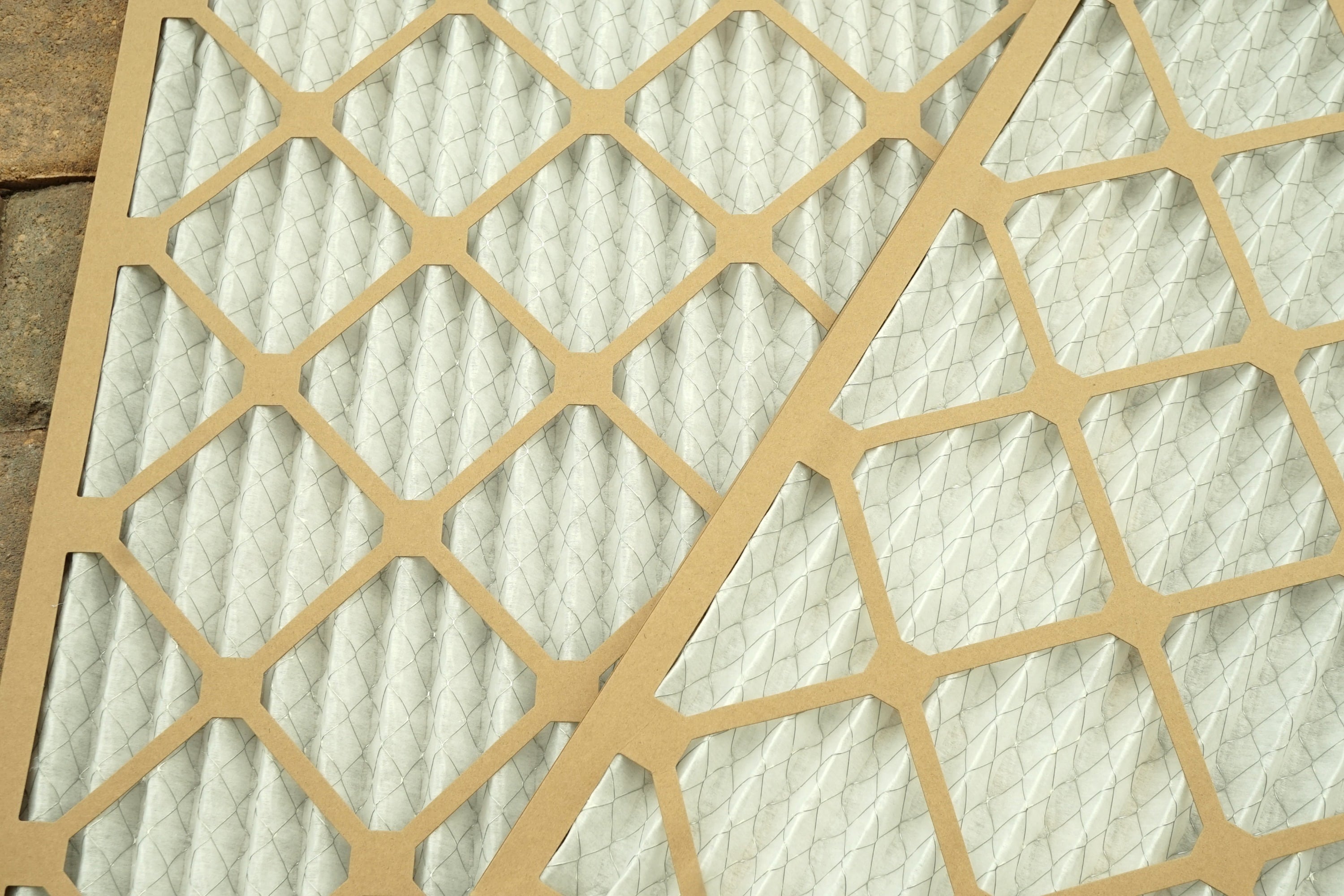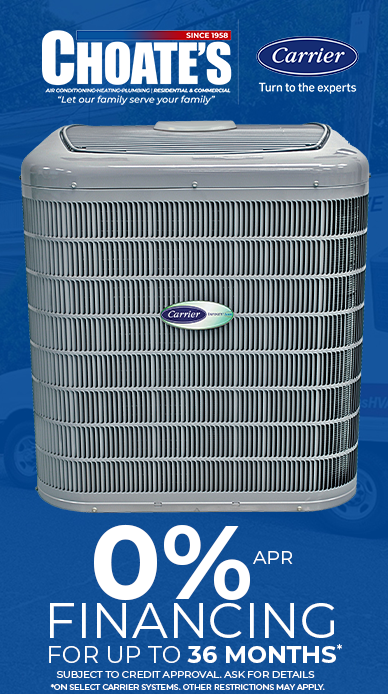901 755 4797
Air Filters Affect Your HVAC System In Many Ways
It’s one of the first things your HVAC technician will ask you about, and it is the most important thing for maintaining your system. Is your air filter clean? Have you replaced it recently?
It’s often spoken about because it is such an important factor in maintaining the overall health and functionality of your HVAC system. If it is not working at its best, your system cannot operate well. That means you are likely to experience a few key concerns.
What Does Your HVAC Air Filter Do?
The air filter on your HVAC system is a type of catch-all. It helps to prevent particles from entering the working components of the system. There’s plenty floating through the air to get caught in it – pet dander, pollen, allergens, mold spores, and dust are just a few examples. If all of that made its way into the working components of your system, it would stop its functioning and clog it. That’s why it is so important to ensure the filter is there and clear so it can work properly.
Filter Efficiency Matters
We can tell how well a furnace is operating based on the filter. You may also hear about furnace filter efficiency. This is a term used to reflect how well the filter is working to keep those particles from entering your home’s air.
You’ll notice this expressed with a MERV rating on the filter itself — these range from 1 to 16. The higher the number is on the filter, the more efficient the filter is. That means it is capable of providing a better level of protection from materials. However, it can also impact the overall way your furnace operates.
What Does the MERV Rating Mean for Your System
Your air filter can impact the efficiency of the overall system. While you may think that a high MERV rating is best, there are a few things that make that untrue.
Too Little Airflow
Sometimes, a higher MERV rating will restrict how much airflow comes into the system. Because it has to work through a heavier or denser filter, the furnace does not get enough air. The system has to work harder to pull in enough air. As a result of this, it can reduce just how efficient your system is working. It’s best to choose a MERV rating as recommended by the furnace manufacturer instead.
Dirty Filters Matter
If the air filter is dirty, that is going to limit the amount of air flowing into the system as well. This creates two problems. First, the furnace has to work hard to pull in enough air to work properly to heat the home. Second, as it does that, it pulls in more of those particles you want to keep out. Dirty air filters are a common cause of problems for every single HVAC system.
What should you do? First, check with the manufacturer or our team about the proper type of filter for your system. Then, be sure to change it often. When you are using the system, replace the filter at least one time every month for the best level of protection.
Let our team at Choate’s HVAC provide you with an inspection, tune-up, or filter guidance. Give us a call today for more information.


